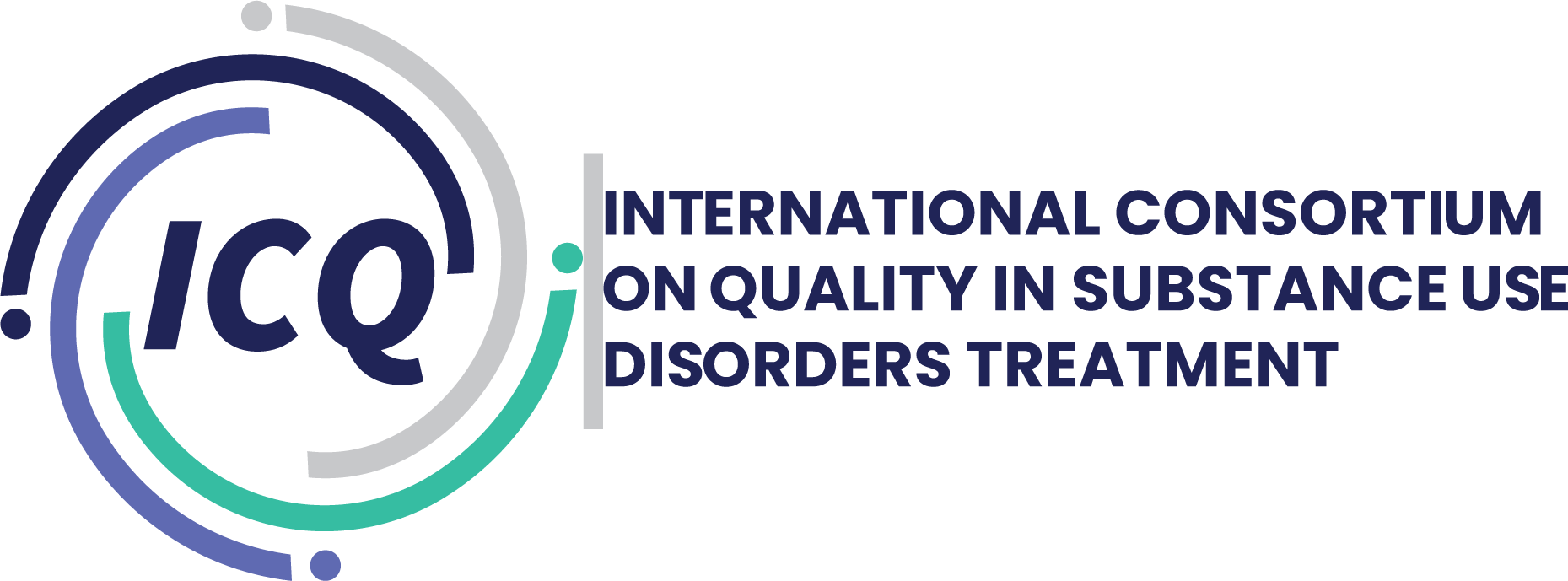Substance Permissiveness: Good or Bad?
The Role of Permissiveness by Parents/Caregivers in Substance Prevention
Permissiveness in substance prevention can be misleading and often carries severe consequences for both parents and caregivers. Allowing substance use under the assumption that it is "safer now" and could prevent future abuse puts a child's well-being in jeopardy. This approach can unintentionally pave the way for harmful dependency rather than fostering responsible behaviour.
The notion that permissiveness ensures a child has nothing to hide as they grow must be carefully examined against the risk of dependency. Evidence suggests that permissiveness is likely to reinforce unhealthy habits rather than control or prevent them.
If the common factors contributing to substance use disorder (SUD) remain constant, then permissiveness should not be considered a viable strategy for prevention. This parallels the notion that social drinking does not necessarily indicate safe use—small amounts of substances can still have significant health impacts on individuals.
Parents and caregivers play pivotal roles throughout a child’s development, especially as their responsibilities shift over time. Positive influence and appropriate modelling are essential. Minimizing exposure to alcohol and other drugs during childhood and adolescence is critically important. Parents must recognize that substance initiation and the development of mental health disorders often emerge during early teenage years, particularly around the age of 14.
Effective prevention strategies involve setting firm boundaries, providing clear guidance, and fostering open communication. By prioritizing these proactive measures, parents and caregivers can better equip their children to lead healthy, substance-free lives.
